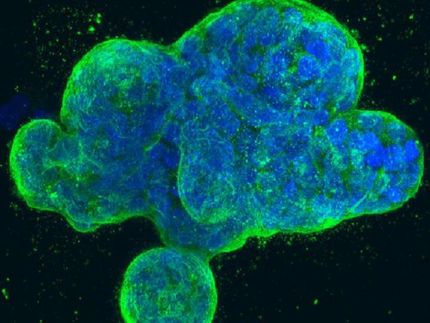Nano-graphene promises more effective treatment for Hepatitis C
Advertisement
Scientists in Korea have developed a DNA enzyme delivery system based on nano-sized graphene oxide that simultaneously senses and silences the hepatitis C virus gene in liver cells.
The researchers developed a method for delivering the DNAzyme into cells by preparing a complex of the enzyme and nano-sized graphene oxide. The nano-graphene prevents the DNAzyme from being degraded by other enzymes in the infected cells, allowing it to reach the target disease gene.
The team tagged the complex with a fluorescent dye and observed its activity in live liver cells. They found that the complex was able to enter the cells and indicate the presence of hepatitis C virus NS3 RNA in infected cells with a fluorescence signal. They also showed the complex could knock down NS3 gene expression, potentially inhibiting replication of the virus.
Most read news
Original publication
Organizations
Other news from the department science

Get the life science industry in your inbox
By submitting this form you agree that LUMITOS AG will send you the newsletter(s) selected above by email. Your data will not be passed on to third parties. Your data will be stored and processed in accordance with our data protection regulations. LUMITOS may contact you by email for the purpose of advertising or market and opinion surveys. You can revoke your consent at any time without giving reasons to LUMITOS AG, Ernst-Augustin-Str. 2, 12489 Berlin, Germany or by e-mail at revoke@lumitos.com with effect for the future. In addition, each email contains a link to unsubscribe from the corresponding newsletter.


























































